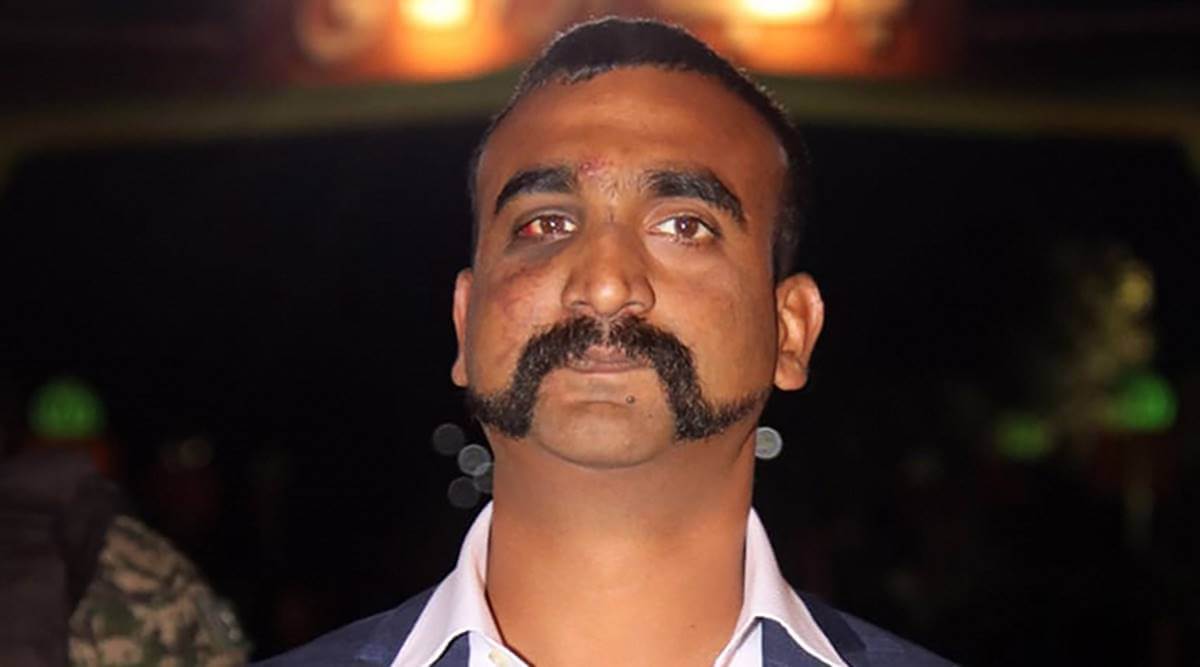A Pakistani opposition leader from the Pakistan Muslim League-N (PML-N), Ayaz Sadiq, sparked controversy on Wednesday when he said that Islamabad had released Abhinandan Varthaman, an Indian Air Force Wing Commander, “out of fear” of an attack by India. In February 2019, Varthaman had been captured by Pakistan after his MiG 21 Bison was shot down during an aerial standoff with Pakistani pilots. He was released shortly after by Pakistan and returned to New Delhi.
Dunya News, a Pakistani media outlet, reported Sadiq’s statement, where he said that Pakistani leadership had convened an emergency meeting, wherein Foreign Minister Shah Mahmood Qureshi reportedly said that “if Islamabad did not release Abhinandan Varthaman, India would attack Pakistan that night by 9 pm.” Recalling the incident, he said, “I remember Shah Mahmood Qureshi was in the meeting in which (Prime Minister) Imran Khan has refused to attend, and Chief of Army Staff General Bajwa came into the room, his legs were shaking and he was perspiring. Foreign Minister said for God’s sake let Abhinandan go.”
Sadiq’s statement was criticised by Major General Babar Iftikhar, spokesperson for the Pakistani army, who said that insinuating that Abhinandan’s release was “anything other than the country’s mature response as a responsible state was disappointing and misleading.” In his attempt to “correct the record,” he said, “A statement was given yesterday which tried to distort history of issues associated with National security.”
The controversy deepened when Fawad Chaudhary, Pakistan’s Minister of Information and Broadcasting, speaking to the National Assembly, celebrated the Pulwama attack from 14 February 2019 as a “major achievement” for the ruling party and opposition leaders. Responding to Sadiq’s claim, he said, “Humne Hindustan mein ghus ke unko maara (We hit India in their home). Our success in Pulwama is a success of this nation under the leadership of Imran Khan.”
After facing criticism by Indian media houses, who reported this as an admission of the Pakistan government’s involvement in the attack that led to the death of 40 members of the Indian paramilitary, he claimed that he was “misinterpreted.” He said, “My statement is very clear. It was about Operation Swift Resort that we undertook after India dared to enter into Pakistan territory on Balakot. I was talking about the post-Pulwama operation that Pakistan undertook.”
This admission has also stirred a political storm in India, with Union Minister Prakash Javadekar calling for an apology by Indian opposition leaders for their statements and reported conspiracy theories following the attack. This included statements by the leader of the Indian National Congress, Rahul Gandhi, and several other state leaders including Mamata Banerjee, Farooq Abdullah, and Arvind Kejriwal, all of whom questioned the possibility of the ruling government orchestrating the attack to further their political ambitions in the upcoming national elections.
Today as we remember our 40 CRPF martyrs in the #PulwamaAttack , let us ask:
— Rahul Gandhi (@RahulGandhi) February 14, 2020
1. Who benefitted the most from the attack?
2. What is the outcome of the inquiry into the attack?
3. Who in the BJP Govt has yet been held accountable for the security lapses that allowed the attack? pic.twitter.com/KZLbdOkLK5
Recently, following a three-day virtual meeting conducted by the Financial Action Task Force (FATF) from 21-23 October, the group announced that Pakistan would continue to remain on its “grey list” or the list of “jurisdictions under increased monitoring.” Pakistan was put on the FATF “grey list” in June 2018 after India—who was supported by the United States (US), the United Kingdom (UK), and other European countries—highlighted the “strategic deficiencies” in Pakistan’s handling of the Anti Money Laundering/Countering the Financing of Terrorism (AML/CFT). Primarily, Pakistan has failed to crack down on non-profit organisations and charities that are linked to terrorist organisations banned by the United Nations Security Council.

